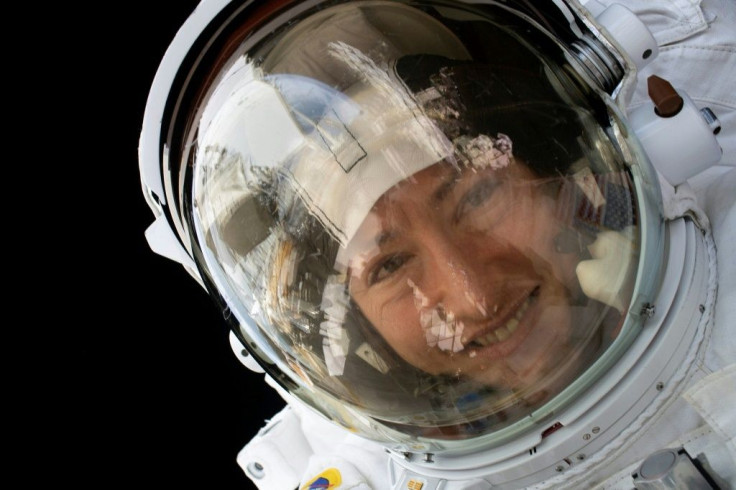Study Identifies New Health Risk For Astronauts Caused By Space Travel

KEY POINTS
- A study identified a new health issue caused by space travel
- Astronauts excrete less sodium when they're in space
- Space travel could have long-term effects on heart health
A study has identified a new health risk among astronauts caused by space travel. According to the authors of the study, spending time in space triggers changes in the body that could affect the heart health of astronauts.
The new study was published in the American Heart Association journal Circulation. It focuses on the researchers’ observations on a group of astronauts and cosmonauts.
For the study, the researchers monitored a group of spacefarers before, during and after their trips to space. They ate both high and low-sodium diets in space and on Earth.
Through observations and tests, the researchers learned that the astronauts excreted less sodium when they were in space than on Earth. The researchers noted that the type of diet did not affect the amount of sodium excreted by the astronauts.
According to the researchers, the body of astronauts could be producing less cardiac natriuretic peptides when they’re in space, which are hormones that help the body excrete sodium.
“A key finding from our study is that in space, although cardiac natriuretic peptide concentrations respond to changes in sodium intake, they are reset to lower levels,” the researchers wrote in their study .
The production of cardiac natriuretic peptides might have been affected by the other effects of space travel on the body. As indicated in previous studies, the lack of gravity in space causes water and blood to move into an astronaut’s upper body. Due to the abundance of fluids in the upper body, it gets tricked into producing less blood and water.
The same effect could have also triggered fewer productions of cardiac natriuretic peptides. Since these hormones help in regulating blood pressure levels, spending extended periods of time in space could have long-term effects on the heart health of astronauts.
“Astronauts on the news might look like they're having a fun camping trip up there in their short sleeves and their temperature- and oxygen-controlled environment,” cardiologist Michael Bungo of the Cardiovascular Laboratory at Houston's NASA Johnson Space Center said in a statement. “But a lot of changes actually do occur in their bodies.”
© Copyright IBTimes 2025. All rights reserved.





















